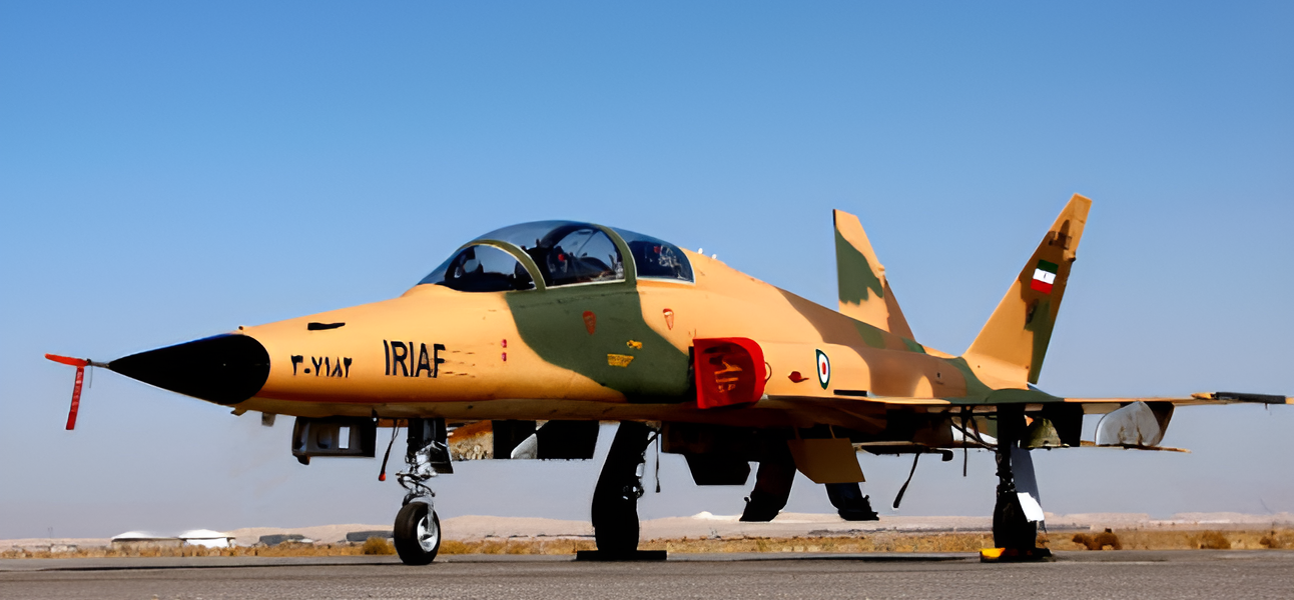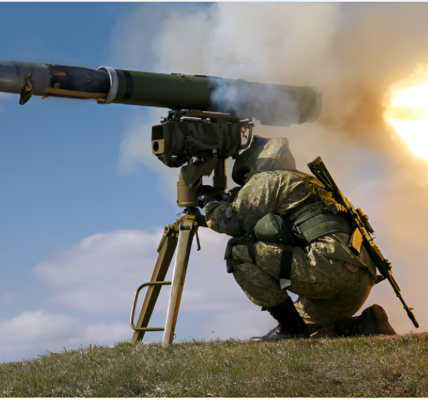China’s Strategic Role in Iran’s Military Modernization and Nuclear Program: Implications for Future Relations

With the end of Iran’s brief thaw in relations with the West following the United States’ unilateral withdrawal from the 2015 JCPOA nuclear deal and the threat of European sanctions over Tehran’s ballistic missile program, Iran is turning back to trusted partners like China, Russia, and North Korea for military and economic support. China, in particular, has emerged as an invaluable ally, playing a pivotal role in bolstering Iran’s military capabilities and supporting its nuclear aspirations. Understanding the depth of Beijing’s involvement in Iran’s defense and nuclear sectors provides crucial insight into the evolving dynamics of this partnership and its implications for the future.
Following the 1979 Islamic Revolution, which dramatically shifted Iran’s foreign policy, Tehran found itself in a prolonged war with Iraq, a nation backed by the United States and other Western powers. In the face of this, Iran turned to alternative arms suppliers, with China and North Korea stepping in as key providers. While North Korea supplied Iran with artillery, rifles, and ballistic missiles, China contributed significantly, offering everything from small arms to sophisticated missile platforms, most notably ballistic missiles such as the Silkworm anti-ship cruise missile. These weapons proved instrumental during the Iran-Iraq War, helping Tehran counter Iraq’s superior military capabilities and deterring Western intervention.
China’s arms sales to Iran continued post-war, with the J-7 fighter jets, upgraded variants of which were critical in replenishing the Iranian Air Force after heavy losses. Reports suggest that China also assisted Iran in developing its indigenous Saeqeh fighter jet, a derivative of the U.S. F-5 Tiger, further cementing Beijing’s role as a key contributor to Tehran’s military modernization. Additionally, China’s involvement in Iran’s missile development, particularly through aiding in the design and production of platforms like the Shahab-3 and Nasr anti-ship missile, has been crucial in establishing Iran’s own indigenous missile production capacity. These domestically produced systems are based on Chinese and North Korean designs, showcasing the long-standing military cooperation between the two nations.
Beyond conventional military aid, China has played an equally vital role in supporting Iran’s nuclear ambitions. From the mid-1980s, Beijing provided critical nuclear technology and expertise to Tehran, helping Iranian scientists establish the Esfahan Nuclear Research Center, which became central to Iran’s uranium enrichment program. Beijing also trained Iranian engineers in advanced uranium mining and laser technology for enrichment, contributing significantly to Iran’s nuclear capabilities long before the 2015 nuclear deal. This cooperation helped Iran weather the effects of international sanctions, with China often acting as an intermediary to circumvent Western pressures, such as through barter agreements and facilitating Iranian oil exports.
Today, China is Iran’s largest trading partner, offering both economic and military support that is unmatched by other powers. With the expiration of the JCPOA’s arms embargo in 2020, Tehran has expressed interest in acquiring advanced Chinese military hardware. The potential procurement of Chinese fighter jets, such as the J-10 light fighters, the J-11 air superiority fighters, and even the Chengdu J-20 stealth fighters, could significantly enhance Iran’s air capabilities. These aircraft would allow Iran to better counter the formidable air forces of regional rivals, such as Saudi Arabia and Israel, and help balance the threat posed by the overwhelming U.S.-backed military superiority in the region.
China’s strategic partnership with Iran is not only a reflection of military and economic cooperation but also an attempt to counterbalance the influence of the United States and its allies in the Middle East. As Iran faces increasing pressure from the West, particularly in relation to its missile program and nuclear activities, its reliance on China is expected to grow, further solidifying the two nations’ deepening ties. With both countries benefiting from mutual trade, military cooperation, and geopolitical alignment, the future of Sino-Iranian relations will continue to shape the broader dynamics of the Middle East and influence global security.
In conclusion, China’s role in facilitating Iran’s military modernization and nuclear program is both a strategic necessity and a reflection of a long-standing partnership. As Tehran navigates growing tensions with the West, it is increasingly turning to Beijing for support, ensuring that China will remain a central player in Iran’s defense and geopolitical strategy for the foreseeable future. This partnership is likely to continue evolving, with military and economic collaboration poised to deepen in response to shifting global power dynamics.



